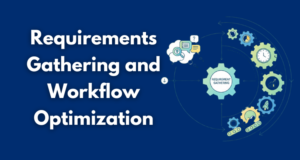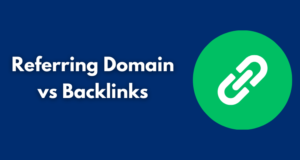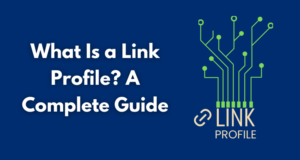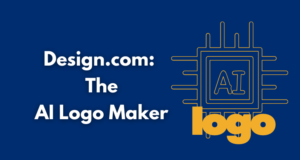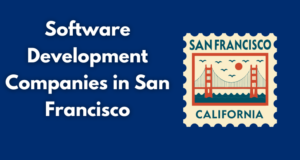Mobile app development has become a powerful driver of innovation across industries. Perhaps nowhere is this more true than in healthcare where mobile is revolutionizing patient care, clinical workflows and healthcare delivery models.
This article looks at the many roles of mobile app development in healthcare, the current applications, emerging trends and the implications for patients, providers and the healthcare ecosystem as a whole.
Table of Contents
ToggleThe Digital Health Revolution
Healthcare has been slow to adopt technological innovations, constrained by regulatory requirements, privacy concerns and complex stakeholder ecosystems. But the last decade has seen an unprecedented acceleration in digital health adoption and mobile apps are at the forefront of this.
The COVID-19 pandemic has further accelerated this trend as healthcare providers rapidly adopted telehealth and digital solutions to maintain continuity of care during lockdowns and social distancing measures.
Today mobile health (mHealth) apps span the entire healthcare continuum – from wellness and prevention to diagnosis, treatment and chronic disease management. According to recent industry reports there are now over 350,000 health related apps in major app stores and the global digital health market is projected to reach $550 billion by 2027.
Mobile Technology in Healthcare
Patient Engagement and Empowerment
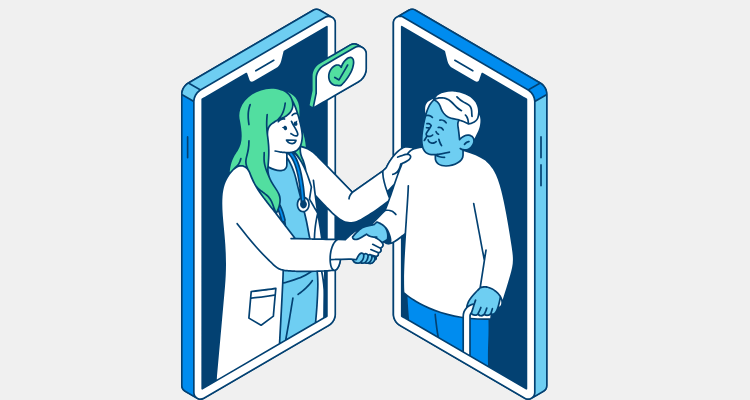
Mobile apps have fundamentally changed the patient experience from episodic, provider centric care to continuous patient centric health management. Patient portals and engagement apps allow individuals to access their medical records, schedule appointments, receive medication reminders and communicate with healthcare providers through secure messaging.
Wearable devices and health monitoring apps allow patients to monitor vital signs, physical activity, sleep patterns and other health metrics in real-time. This continuous stream of data provides a more complete picture of health status than periodic clinical visits alone and empowers patients to take a more active role in managing their health.
Telehealth and Remote Care
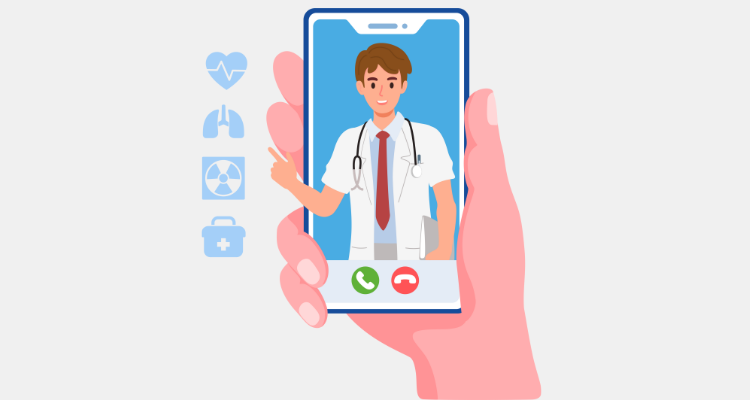
Telehealth apps enable virtual consultations between patients and healthcare providers, breaking down geographical barriers to care access. These platforms integrate video conferencing, secure messaging, digital intake forms and electronic health record (EHR) integration to create seamless virtual care experiences.
For example, apps can even facilitate doctors to write a bupropion naltrexone prescription online, allowing patients with weight management issues to conveniently access their medication.
Remote patient monitoring (RPM) apps extend clinical care beyond traditional healthcare settings, allowing providers to track patients’ health status remotely through connected devices and digital therapeutics. This is particularly useful for chronic conditions like diabetes, hypertension and heart failure where continuous monitoring can prevent complications and reduce hospitalizations.
Clinical Decision Support and Provider Workflow
Healthcare professionals are increasingly using mobile apps to enhance clinical decision making and streamline workflows.
Clinical reference apps provide instant access to medical literature, drug information, clinical guidelines, diagnostic tools, and even advanced technologies like clinical ngs (Next-Generation Sequencing) insights at the point of care.
These apps enable faster, more informed decisions by integrating genomic data with traditional clinical resources..
Mobile EHR apps allow clinicians to access and update patient records from anywhere, improving documentation efficiency and accuracy. Advanced apps incorporate artificial intelligence to analyze clinical data, identify patterns and generate insights to support diagnosis and treatment decisions.
Challenges and Considerations in Healthcare Mobile App Development
Developing effective healthcare apps requires specialized expertise and careful consideration of industry specific requirements. Partnering with a reputable healthcare mobile app development company that understands both technical and regulatory aspects is key to success in this complex space.
Regulatory Compliance and Data Security
Healthcare apps must comply with strict regulatory requirements, including HIPAA in the US and GDPR in Europe. These regulations define standards for patient data protection and privacy. Mobile health developers must implement robust security measures, including end-to-end encryption, secure authentication methods and comprehensive audit trails.
Interoperability and Integration
The fragmented healthcare systems present significant challenges for mobile app development. Effective healthcare apps must integrate with existing EHR systems, laboratory information systems, pharmacy systems and other healthcare IT infrastructure.
Interoperability standards such as FHIR (Fast Healthcare Interoperability Resources) are becoming more important for seamless data exchange between different systems. Many organizations also rely on expert EHR software consultancy to implement these integrations efficiently and ensure optimal workflows.
User Experience and Accessibility
Healthcare apps serve diverse user populations, including elderly patients, individuals with disabilities and people with varying levels of technical literacy. Designing intuitive, accessible interfaces that cater to these diverse needs is crucial for broad adoption and effective use.
Emerging Trends and Future Directions
Artificial Intelligence and Machine Learning
AI and machine learning are transforming healthcare mobile apps, enabling more personalized and predictive care approaches. Machine learning algorithms can analyze vast amounts of health data to identify patterns, predict health risks and generate personalized recommendations. Natural language processing enables more intuitive interaction with healthcare apps through voice commands and conversational interfaces.
Augmented Reality and Virtual Reality
AR and VR are opening up new possibilities for medical education, surgical planning and therapeutic interventions. Mobile AR apps can overlay digital information onto the physical world, helping healthcare providers with tasks like vein visualization for blood draws or step-by-step guidance for complex procedures.
Blockchain
Blockchain can address long standing challenges in healthcare data management including interoperability, security and patient control over health information. Mobile apps using blockchain can enable secure sharing of health records across different providers and institutions while maintaining patient privacy and data integrity.
Impact on Health Outcomes and System Efficiency
The proliferation of mobile health apps is yielding tangible improvements in health outcomes and system efficiency. Studies have shown that mobile interventions can improve medication adherence, enhance chronic disease management, reduce hospital readmissions and increase patient satisfaction.
From a system perspective mobile technologies are reducing resource utilization, administrative burden and healthcare costs. Telehealth apps reduce the need for in-person visits for routine care, while remote monitoring helps identify potential complications early, preventing costly emergency department visits and hospitalizations.
Conclusion: A Mobile-First Future for Healthcare
The integration of mobile technology into healthcare is more than just a technological shift – it’s a fundamental reimagining of how healthcare is delivered, experienced and managed. As mobile devices become more powerful and ubiquitous their role in healthcare will only grow, enabling more personalized, accessible and efficient care models.
The future of healthcare is mobile-first with apps as the primary interface between patients and the healthcare system. This will address long standing challenges in healthcare access, quality and cost effectiveness. But realizing this potential requires collaboration between technology developers, healthcare providers, regulatory bodies and patients themselves.
As we move forward mobile app development will continue to drive innovation in healthcare, creating new possibilities for better health outcomes and the human experience of care. Organizations that embrace this digital future – investing in mobile technologies that align with clinical needs and patient preferences – will thrive in the evolving healthcare landscape.


